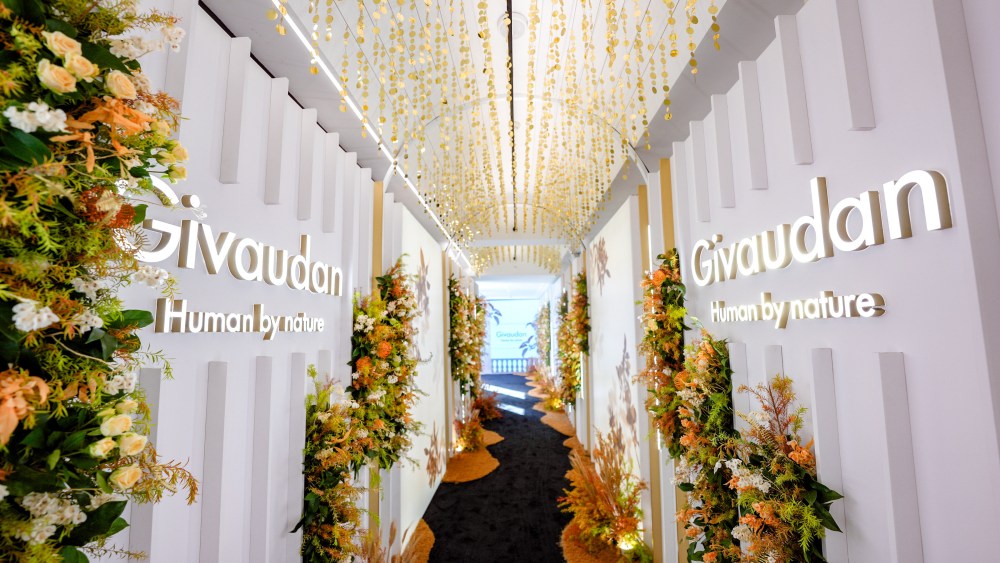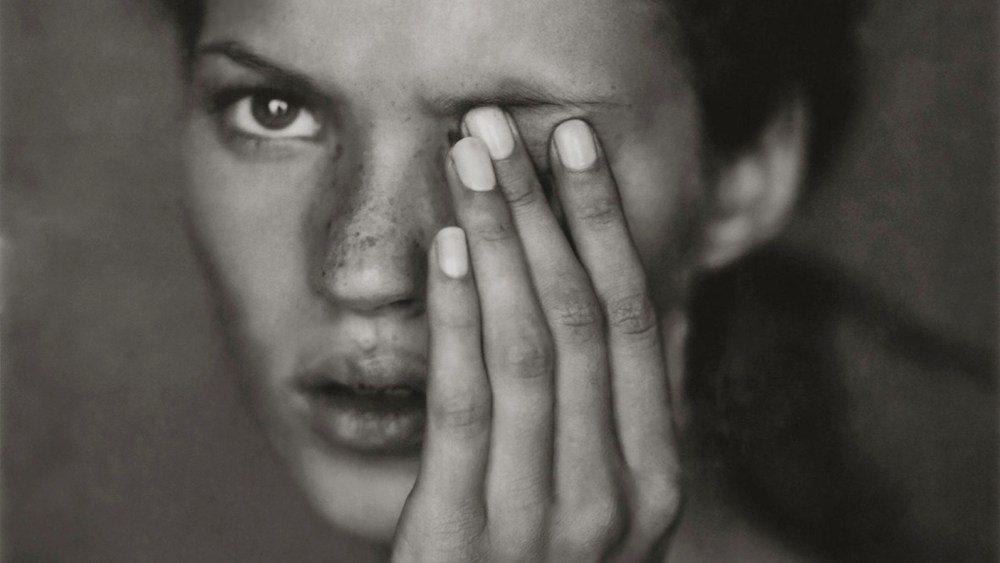PARIS — Givaudan unveiled its new fine fragrance creative center, L’Appartement 125, in Shanghai on Friday.
The hub is meant to connect the Swiss supplier with Chinese brands to co-create perfumes.
“This is a unique opportunity for us to keep on growing in China,” said Xavier Renard, global head of fine fragrance at Givaudan.
The hub, where east meets west, is located in the former French Concession of Shanghai. It was designed by Ma Wen, who used natural materials and nodded to traditional Chinese aesthetics.
Related Articles
There’s a high-tech laboratory, an interactive fragrance wall and sensory garden there. A dedicated fragrance team will be on site, starting with perfumer Jasmine Liu. They are to remain in close contact with Givaudan’s global fine fragrance team, whose members will also visit on a regular basis.
“This is really going to be a set-up where we can transform concept ideas, crazy ideas and dreams into very solid and tangible fragrances,” Renard said.
Perfumers will have access to Givaudan’s olfactive palettes, including Chinese ingredients.
“Since our entry into the Chinese market in 1988, Givaudan has witnessed remarkable growth and transformation,” said Gilles Andrier, chief executive officer of Givaudan, in a statement. “China is not just a key market for us, it is a vital source of inspiration and innovation. The unique cultural richness and evolving consumer preferences here drive us to create fragrances that resonate deeply with local consumers.

“As we continue to invest in this dynamic market, we remain committed to fostering partnerships that reflect the essence of China’s vibrant fragrance landscape,” he continued. “We are now opening a new page to accelerate our growth in fine fragrance with L’Appartement 125.”
China has been a focus for Givaudan and other fragrance-makers over the past few years, as denizens embraced perfume like never before. However, due to the economic climate in the country, what once had been a boom for businesses has slowed, as consumers tighten their purse strings.
There remain growth opportunities there, nonetheless, according to Renard.
“But above and beyond just growth, it’s about working with the local brands — some are super exciting, creative and edgy,” he said. “They’re looking for innovation.”
A decade ago, Chinese fragrance consumers preferred light scents, then they moved to heavier perfumes, including of the oud variety.
“Now, it’s about ‘give me something I don’t know.’ They’re very open to newness,” Renard said. “In the name of Givaudan, I want to be there and make sure that we are part of the journey.”
L’Appartement 125 dovetails from Givaudan’s 2025 strategy, which has as an aim to be a leader in the high perfumery category in China. The new hub is to work with Chinese brands as well as other customers abroad, who are looking for insights into trends in the market. Those include a growing demand for personalized and premium fragrances.
The hub will host workshops, training sessions and fragrance exhibitions, too.
“Our diverse and inclusive team is dedicated to bridging regional and global needs,” said Yaling Li, head of fragrance for China and South Korea at Givaudan, in the statement. “With the opening of L’Appartement 125, we are excited to offer a comprehensive end-to-end solution for fragrance creation that meets the evolving demands of consumers in China.”
The Chinese hub is Givaudan’s fifth fully dedicated fine fragrance creative center, after Paris, New York, São Paulo and Dubai. Fine fragrance perfumers from there work together in a collaborative effort, said Renard, adding: “It creates a dynamic team spirit.”
Givaudan maintains a strong perfume business. In the first nine months of this year, the company’s fine fragrance sales increased 17.8 percent on a like-for-like basis against a high prior year comparable gain of 13.7 percent.



